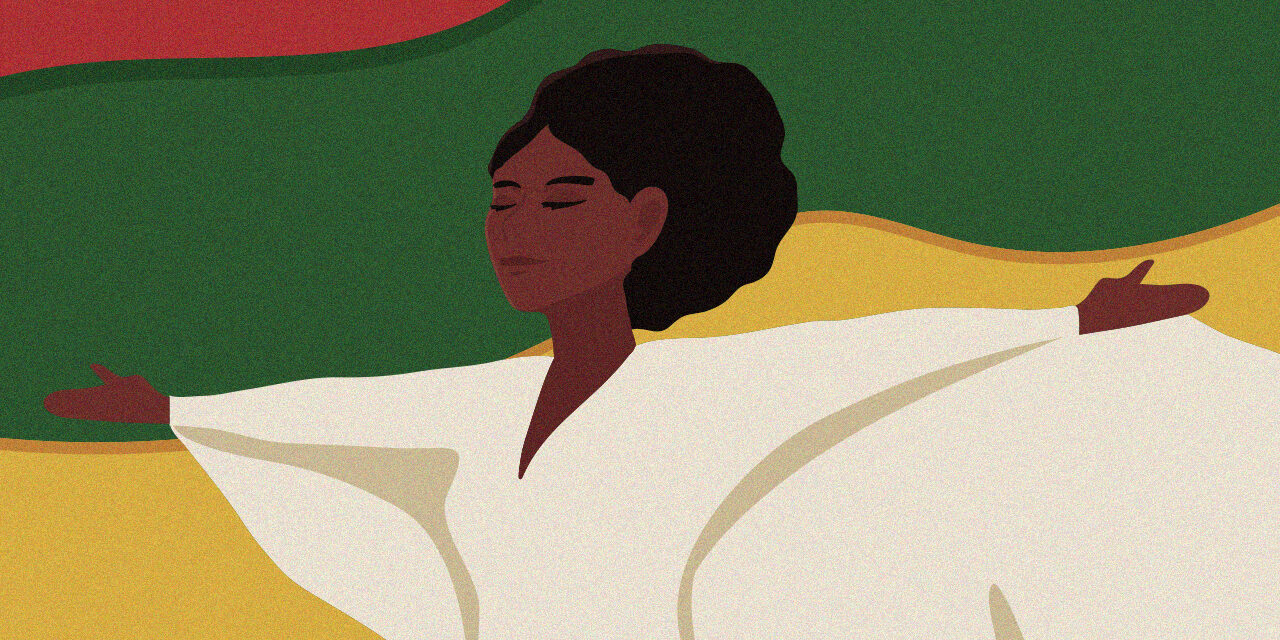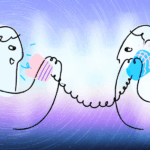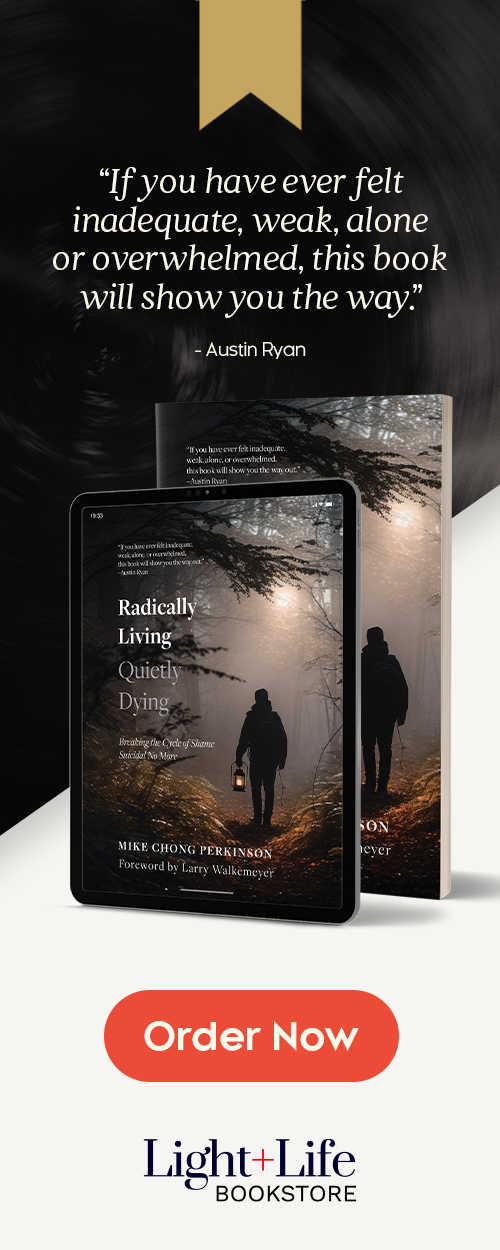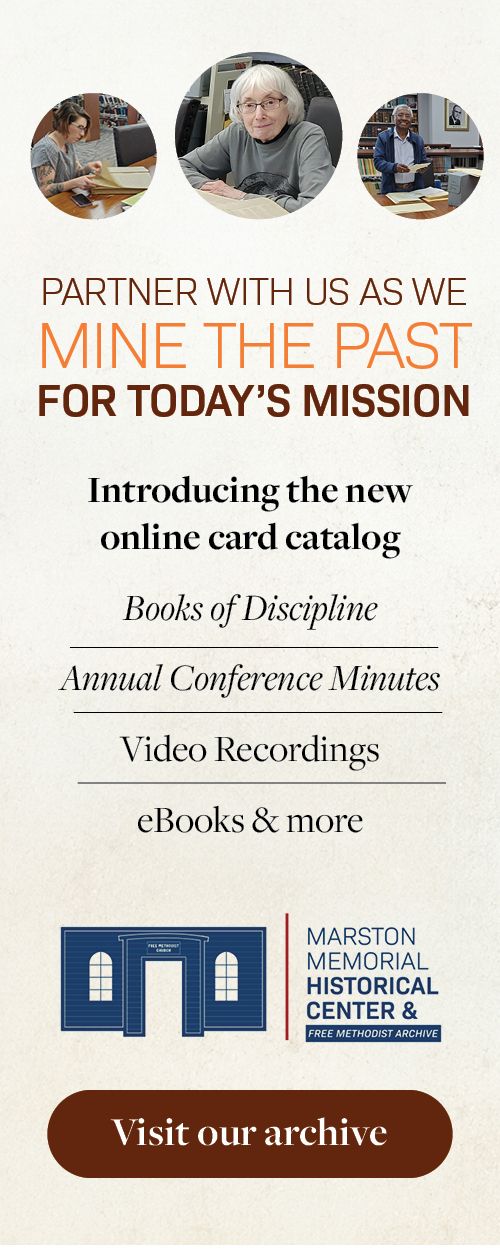
Kevin Austin
Kevin Austin, D.Min., is a Free Methodist elder who serves as the director of the Set Free Movement and a missionary working to end modern-day slavery. He is the author of “Set Free: A Guide To Pursuing Liberation in an Age of Bondage,” which is available via the Light + Life Bookstore.
By Kevin Austin
June 19, 1865, was a hot day in Galveston, Texas. Slaves worked at the docks, loading and off-loading. They knew there had been a war raging, but knew little about it. When Union Gen. Gordon Granger arrived with troops to declare that all slaves were freed, and had been for more than two years, they weren’t sure what to make of it. They were free — that was cause for rejoicing — but now what?
They had no possessions. No money. No education. No rights. No privileges. They were free, but they were not citizens of the broken and bleeding country called the United States of America. What kind of future could they have?
The Merriam-Webster Dictionary defines emancipation as “to free from restraint, control, or the power of another especially: to free from bondage.” In other words, “You’re free. Good luck!”
Emancipation isn’t enough.
What is needed is full, holistic liberation. The dictionary’s second definition of liberation is “a movement seeking equal rights and status for a group.” Liberation is being set free with rights and responsibilities of citizenship.
American slavery is often referred to as America’s original sin. The turning of human beings into objects — the commercialization of people — is a great evil. While American slavery has been abolished, modern slavery (or human trafficking) still exists today, and it’s not just an American issue. Today an estimated 40 million people are held by force, unable to walk away, doing things they don’t want to do in rural communities and big cities in every country.
Racism is a driving force behind human trafficking today. When an “other” is perceived as inferior, objectification gives license to abuse. It might be evil to enslave a human, but it’s permissible to use an object. Racism reduces people to objects to be used. But there are no “others” — there is only “us.”
_
“Fear is a kind of enslavement.”
_
If American slavery is America’s original sin, then emancipation without liberation is a cruel companion. To be set free with no rights, no responsibilities, no protection, and no seeming path forward has brought the American people to this fractured place and time — the fight for civil rights, assassinations, and some being shot while shopping for groceries. Systems of injustice have continued to shackle. Fear is a kind of enslavement.
A key question to ask is: What are the symptoms, and what is the problem? What’s underneath the injustices? I offer that the real problem might be relational brokenness between us, God, and each other. This relational brokenness spreads, infecting communities, corrupting systems, and ultimately destroying cultures. In other words, there is a neighborhood problem. Digging a bit deeper and perhaps into some controversy: there is no racism problem; there is a neighborhood problem. It’s about the neighborhood. All of us are affected (some more than others) and all of us are responsible (some more than others). What are we to do? We start humbly by examining our attitudes and actions. We confess, lament, listen, pray for wisdom, and work toward reconciliation through strong community engagement. We lean into hospitality and hope. We love with no strings attached.
As a white, privileged man, I will never understand the historical and present suffering of not only African Americans but other people of color in America.
We give space, time, energy, and money to things of value. This Juneteenth we have an opportunity. As a people we can give a day to remembering. We can begin by lamenting America’s slavery was a great evil, as is racism. Like the psalmists show us, we can move from lament to thanksgiving. We can thank God for freedom from slavery and fear, while at the same time acknowledging that systems are broken and that great injustices are still happening. We can move from lament and rejoicing to action. We can lean into the words of Isaiah 1:16–18:
“Wash and make yourselves clean.
Take your evil deeds out of my sight;
stop doing wrong.
Learn to do right; seek justice.
Defend the oppressed.
Take up the cause of the fatherless;
plead the case of the widow.
‘Come now, let us settle the matter,’
says the Lord.
‘Though your sins are like scarlet,
they shall be as white as snow;
though they are red as crimson,
they shall be like wool.’”
Lord, wash us; have mercy upon us; save us; heal our neighborhoods.
Lead us.
We will follow. +

Kevin Austin
Kevin Austin, D.Min., is a Free Methodist elder who serves as the director of the Set Free Movement and a missionary working to end modern-day slavery. He is the author of “Set Free: A Guide To Pursuing Liberation in an Age of Bondage,” which is available via the Light + Life Bookstore.









